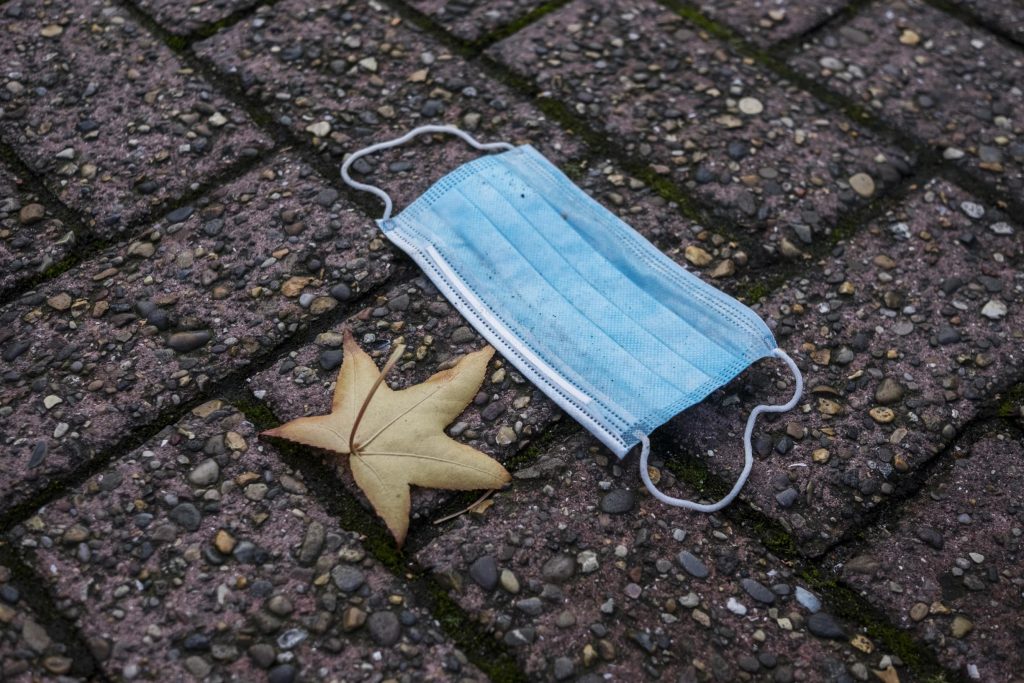
theme picture – © Julie Hrudova
After twenty minutes in normal indoor air, the coronavirus will lose 90% of the infection. The risk of transmission appears to decrease rapidly, especially during the first five minutes after exhalation. It was written by the British newspaper The Guardian on the basis of a new study.
GVsource: Belgian
In their study, the University of Bristol research team states that most aerosols, or tiny air droplets, can no longer infect a person after a few minutes. The study has yet to undergo peer review, but it already reports special results.
The researchers tested for infection by floating the virus-containing aerosol in an electric field for minutes. The aerosols were exposed to the influence of various environmental factors such as temperature, UV rays and humidity. Finally, the researchers applied these air particles to cell cultures to see if they were still contaminated.
Humidity has proven to be a particularly important factor. For example, at normal humidity, the aerosol dries up and shrinks after a few seconds, making it 50% less contagious. In humid conditions, the particles remain infectious for a little longer, but eventually after about twenty minutes the risk of infection is only ten percent.
Remarkably, temperature in the study appeared to have no effect on infection. Many scientists previously claimed that the virus spreads less quickly at higher temperatures.
Previous studies and policy decisions have often focused on the ventilation of spaces, but according to the researchers, this study points to the importance of measures such as social distancing and wearing a mouth mask. “I think the greatest risk of infection remains when you are close to someone,” said professor and researcher Jonathan Reed. But ventilation also appears to remain an important tool in the fight against the virus.

“Creator. Award-winning problem solver. Music evangelist. Incurable introvert.”







More Stories
British military spy satellite launched – Business AM
Alarming decline in the Caspian Sea
Lithuania begins construction of military base for German forces